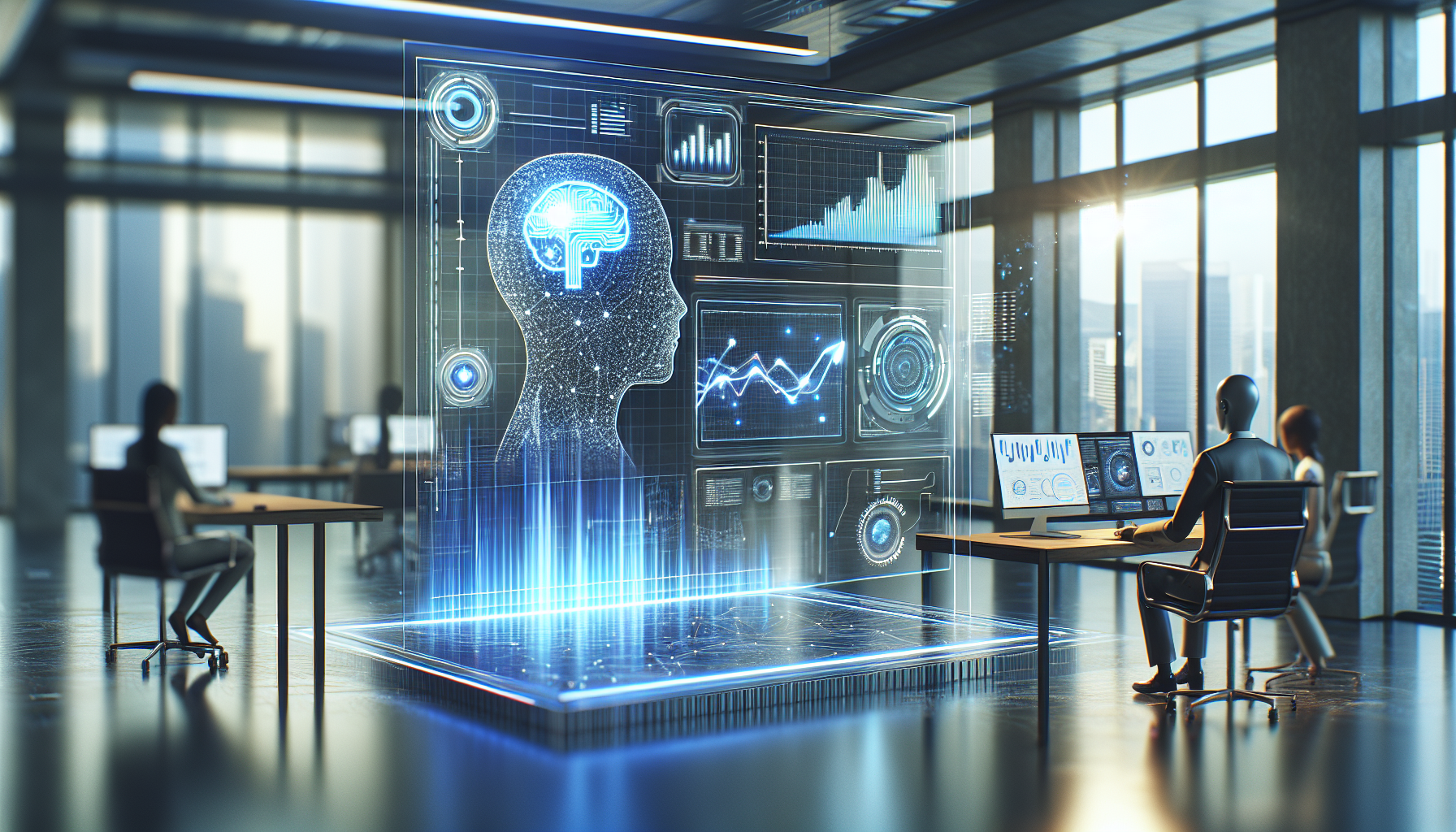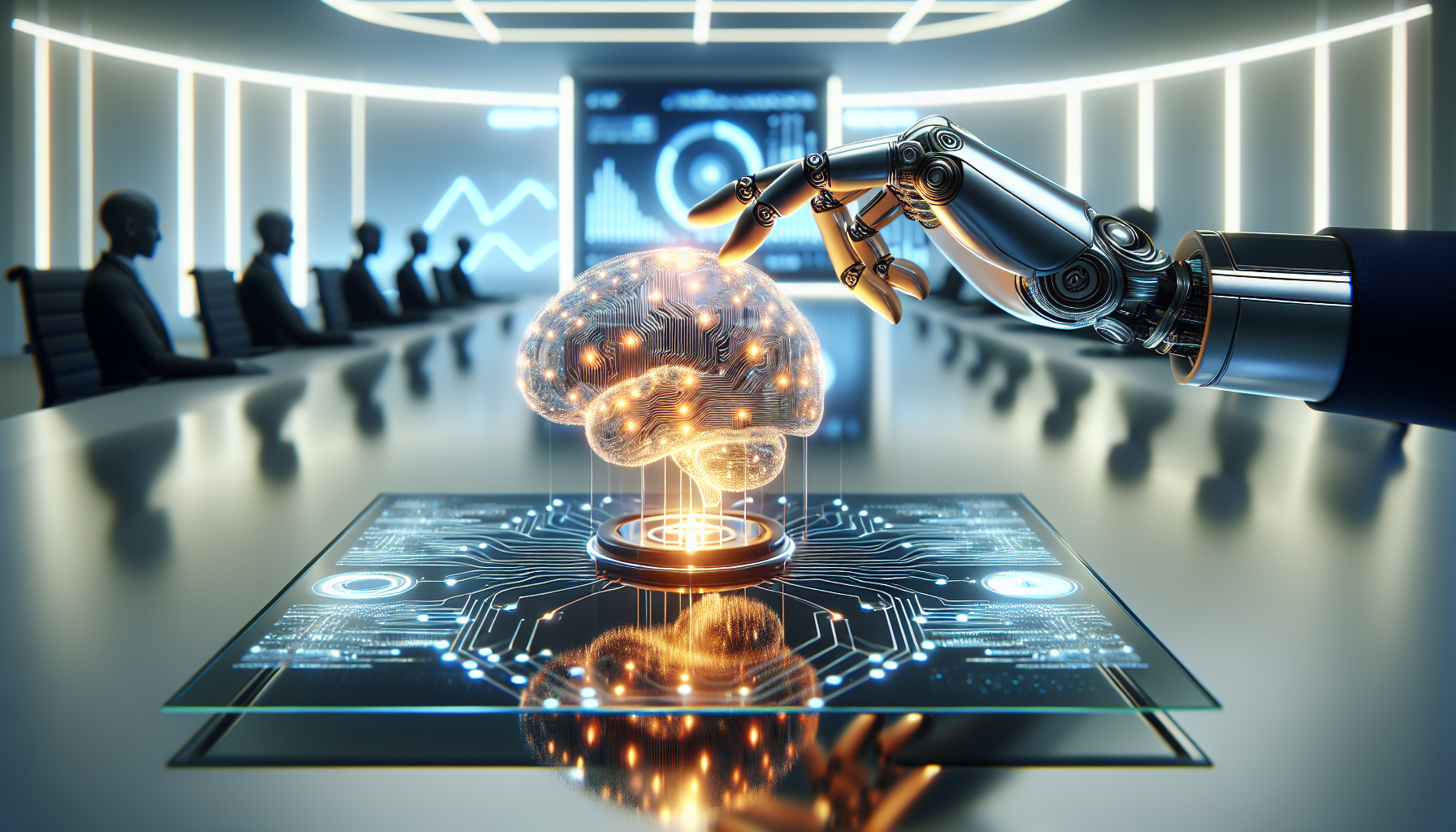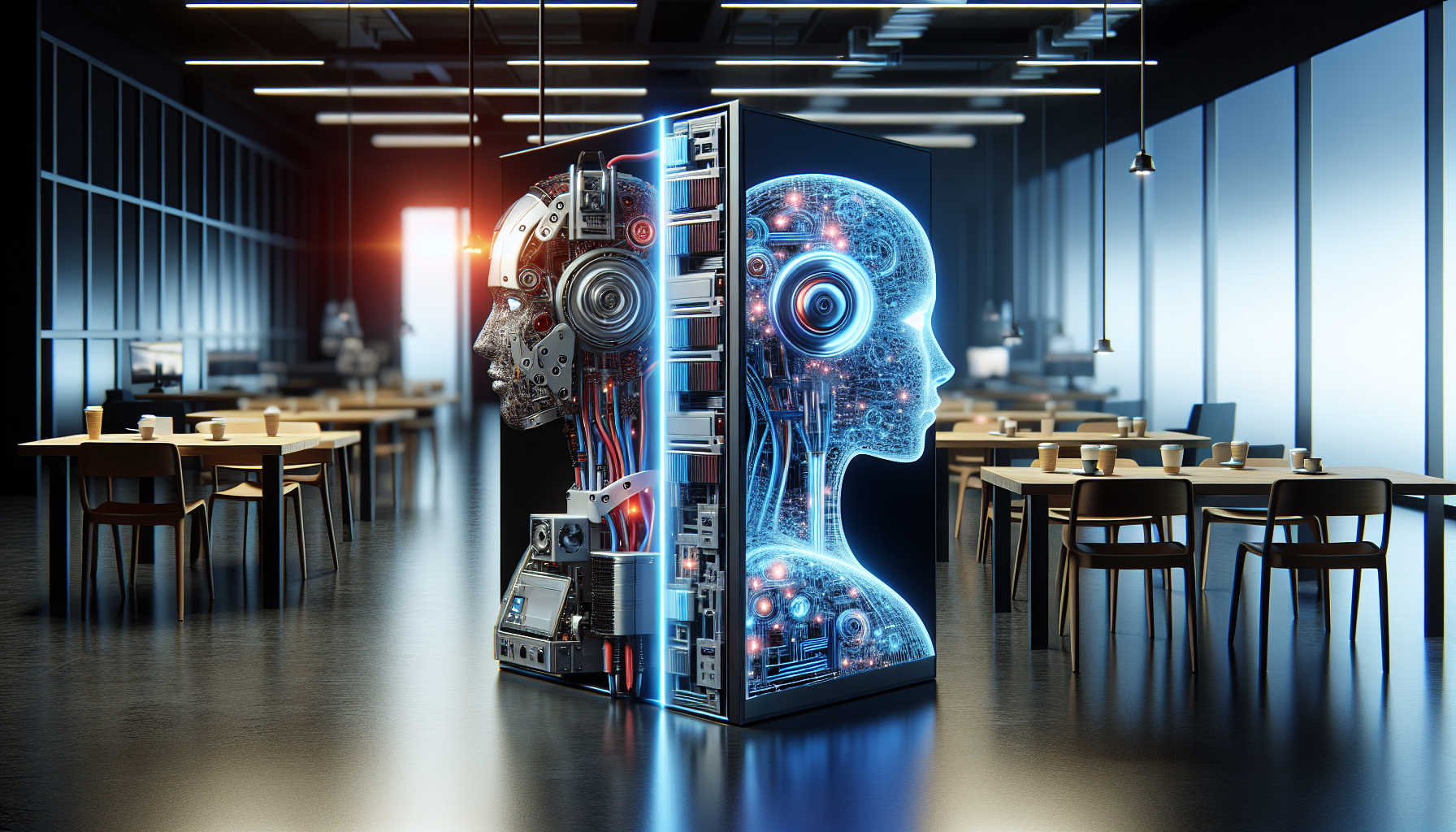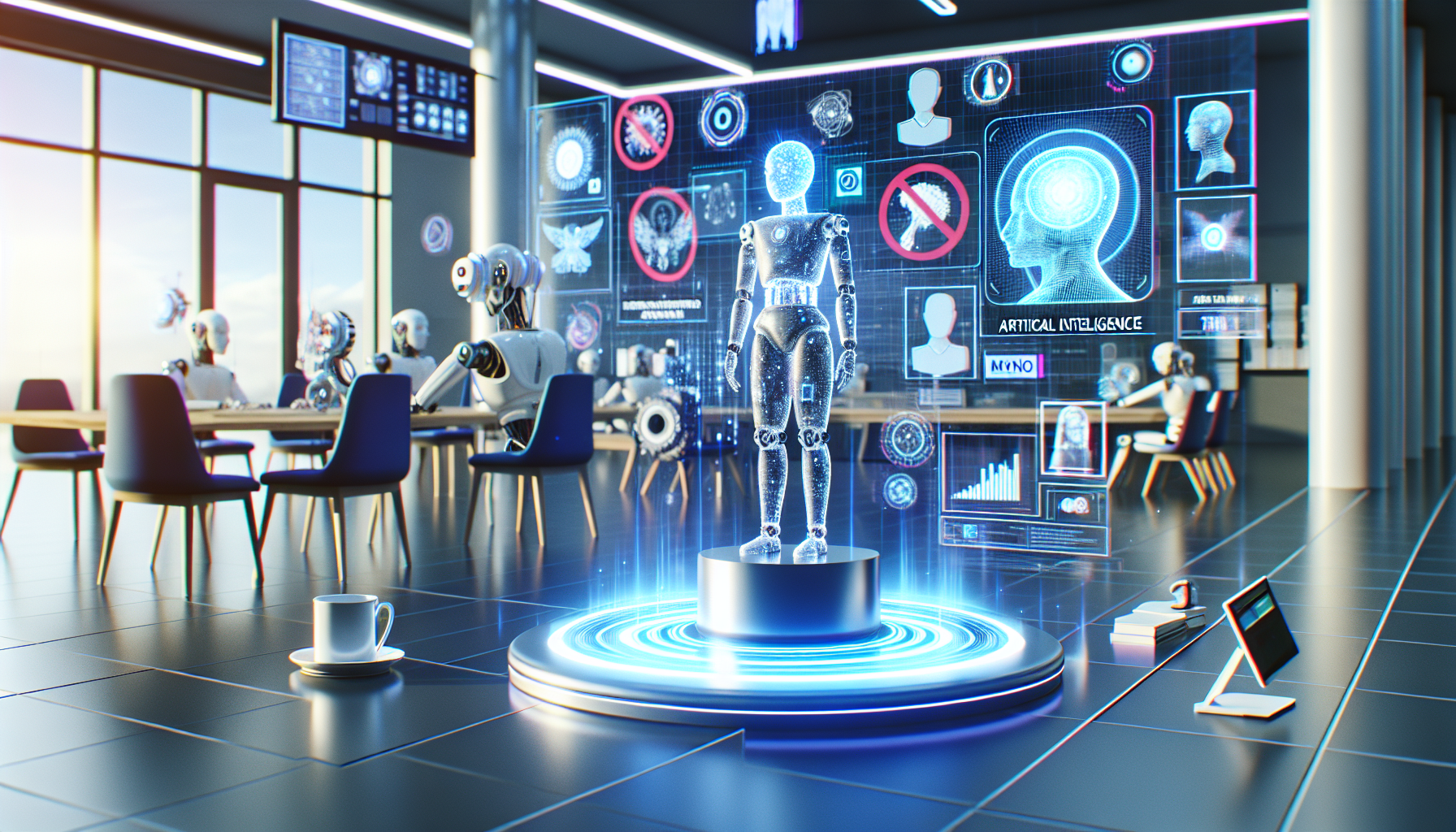
Can AI Get Your Pills Ready Faster? Unpacking the Quirky World of Drug Discovery
October 8, 2025
Imagine a world where Artificial Intelligence (AI) is your friendly neighborhood pharmacist, sporting a lab coat and a charmingly metallic smile, ready to whip up your prescriptions faster than a barista at a coffee shop. While it may sound like the plot of a sci-fi sitcom, the role of AI in drug discovery and development is as real as that extra espresso shot you probably shouldn’t have had this morning.
You see, AI has been shaking up the pharmaceutical industry like an overenthusiastic bartender at a Friday night mixer. Gone are the days when scientists spent years peering into microscopes, hoping for a eureka moment. Now, algorithms have taken over the lab, and they’re on a mission to speed up the process of finding the next miracle drug. But what does this mean for the future of medicine? Pull up a chair, grab a cup of something calming, and let's dive into the fascinatingly futuristic (and occasionally funny) world of AI-driven drug discovery.
First, let's address the elephant in the lab: AI isn’t about to replace scientists. Though it’s not uncommon to find AI playing chess or painting masterpieces, drug discovery is more complex than your average board game. AI acts more like a supercharged assistant, sifting through mountains of data faster than any human could manage, and identifying patterns that would make even the most patient researcher’s head spin.
One of the biggest impacts AI has made is in the early stages of drug discovery, which, much like finding the last empty parking spot on a busy day, can be frustratingly difficult. AI is like a detective with a magnifying glass for data, analyzing countless molecules to predict which combinations might be the next big thing in medicine. This process, known as virtual screening, is akin to speed-dating for molecules, with AI playing matchmaker. Who knew chemistry could be so romantic?
But AI isn't just a one-trick pony; it’s also revolutionizing the way clinical trials are conducted. Picture this: instead of researchers spending hours on end trying to recruit participants, AI steps in with all the charm and efficiency of a seasoned recruiter, identifying the perfect candidates in record time. It’s like having a personal assistant who’s never late, never takes coffee breaks, and doesn’t mind staying up all night crunching numbers.
Moreover, AI’s analytical prowess extends beyond just finding the right participants. It can predict how different people might react to a drug, helping scientists tailor treatments to individual needs and potentially reducing side effects. It’s as if AI is the world’s most attentive waiter, customizing your order to perfection without ever mixing up your dietary restrictions.
However, before we crown AI as the savior of drug discovery, it's important to acknowledge the quirks and challenges it faces. For one, AI models need a vast amount of data to function effectively, and obtaining this data isn’t always as straightforward as finding a cat video on the internet. Data privacy and patient consent are crucial considerations, and ensuring the data is clean and unbiased is as essential as ensuring your coffee doesn’t taste like dishwater.
Then there’s the small matter of interpretability. AI can churn out predictions with the speed and confidence of a game show contestant, but understanding how it reaches those conclusions is another story. Scientists often find themselves playing the role of Sherlock Holmes, deciphering AI’s logic to ensure it’s not just spitting out answers that sound convincing but lack scientific soundness.
Despite these challenges, the trend is clear: AI is here to stay, and it’s making waves in the pharmaceutical world. The prospect of AI-driven drug discovery offers a glimmer of hope for tackling diseases that have long stumped researchers, perhaps even leading to treatments for conditions previously thought incurable.
So, what does this mean for you, dear reader? Well, next time you pop a pill or take a sip of your kale-infused smoothie, spare a thought for the algorithms and data that might have played a part in its journey from concept to reality. As AI continues to evolve, it promises to not only speed up the drug discovery process but also make it more precise and personalized.
In the end, the question remains: will AI eventually step out from the shadows of the lab to take center stage in medicine? Or will it remain the unsung hero, content to play a supporting role in the quest for better healthcare? Either way, one thing’s for certain—AI is proving to be an invaluable ally in the race against time to find new cures. And if it manages to brew a mean cup of coffee along the way, well, who’s complaining?


